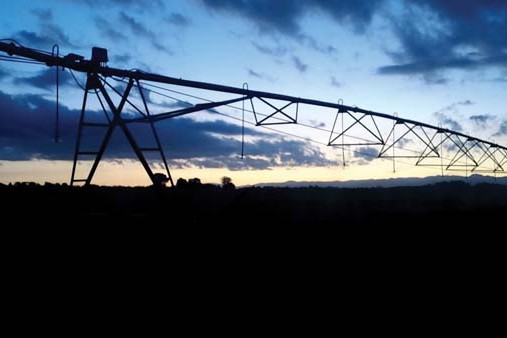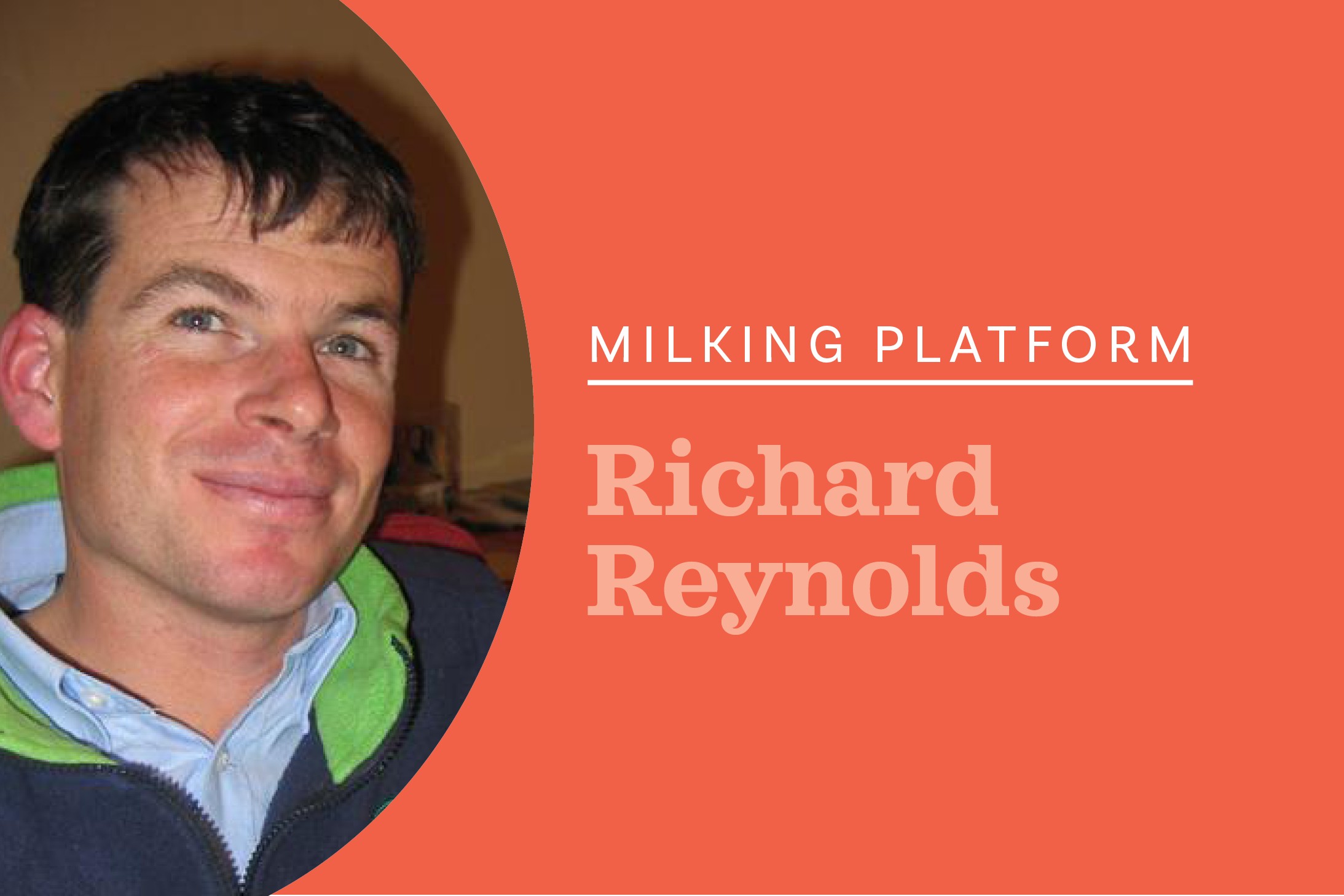King Country farmer Sam Sherrard finds knowledge of local geography helps when dealing with bureaucracies.
Five years ago when we shifted here we were told Ngaroma was summer safe and it had the ‘second highest rainfall’ in the North Island. I now know this means, about two metres of rain – most of it in winter.
Some have shifted to Ngaroma since us. They heard the same story from the vendor ‘it rains all summer’ they have had two dry summers in a row. But, still they do say that dry in Ngaroma is not the same as dry in Galatea.
At some point we are going to realise that a prolonged dry in the Waikato is the normal not the outlier.
The climate appears to be changing and the impacts are hard to ignore. Much has been made of the Government’s recent attempts to pass a meaningful climate change bill.
Many concessions have been made to the agriculture industry although you may find it hard to find a farmer who can see this or at least wants to admit it. On the particular piece of the internet I frequent some very online farmers have been quick to admonish the Government for any move to reduce greenhouse gas from farming. However, a very similar group is also up in arms claiming that the Government should be giving them a handout for both the unseasonal dry and the unreasonable wet. As if one has nothing to do with the other.
School transport is an important issue when you live a way out of town. Strangely we are in the school zone for the primary school our daughter attends, but not the transport zone which means paying for a ‘bus tag’ and the local community taking turns driving 20km to the nearest bus stop. Now we have one at high school too, adding to the morning juggle.
The ‘local’ high school is a mere 52km away and again we are not in the transport zone so a bus tag was requested. But some sleuthing around the Ministry of Education website revealed that being in the bus zone is no longer the criteria – going to your closest school is.
Ever the penny-pincher, my wife was not prepared to part with the bus tag money without a fight. Of course, it was yours truly who had to step into the ring. The first round was with the local bus controller.
“If you are not within the zone on the map, then you pay,” was the less than helpful response. “If you don’t like it, take it up with the ministry.” So I did.
The nice chap at the ministry was very interested to hear about the bus controller’s understanding of the regs. He then had a look at some of the ministry-approved maps and declared Forest View High School in Tokoroa would have been the closest school. This was not the result we were expecting.
A bit of probing revealed a small problem. The magical short cut to Tokoroa was in fact a road over the Waipapa Dam which connects to some forestry roads. Definitely not a public road.
To give credit where it’s due he quickly changed his tune when this was pointed out and conceded Te Awamutu College is in fact our nearest school. Victory was ours after a discussion by the nice ministry man with the bus controller.
We should also be entitled to a conveyance allowance to compensate us for the drive to the bus stop – exactly how much we can expect does not appear to be disclosed publicly. The forms are in and we wait with bated breath to find out our windfall.
Maybe I can retire from my column-writing, until then we will continue battling the dry summers and the wet winters. Living remotely has many upsides among the challenges, this week we – the community – are organising two drought events, the usual burger night is being usurped for pizza and beer provided by the hall and a less formal meeting is planned at a yet to be disclosed woolshed. Bottoms up!





